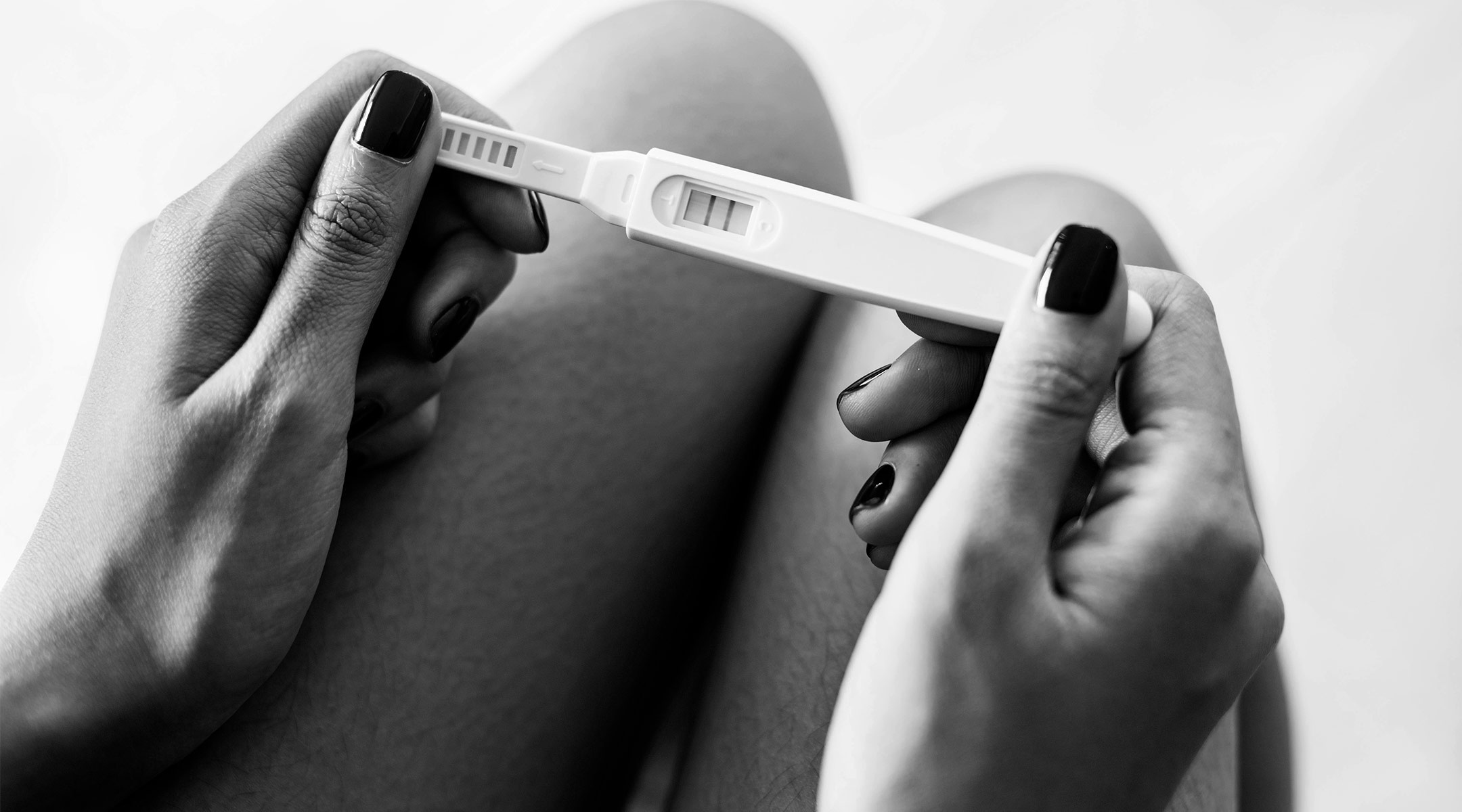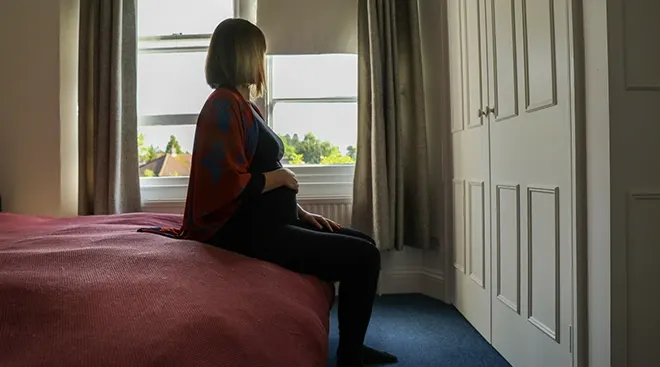This 1969 Letter Shows How Hard It Was for Working Women Pre-Maternity Leave
Let’s face it: The US has one of the worst maternity leaves in the world. If fact, we’re the only developed nation without mandatory paid leave for new parents. But a letter from 1969 that a woman discovered among her mother’s things is proving that things were a whole lot worse back then.
Michaela Cornell—who is actually from Canada, where paid maternity leave became a thing in 1971, a full 22 years before the 1993 Family and Medical Leave Act passed here in the US—recently took to twitter to share a letter her mom received from her then-employer, the Metropolitan Separate School Board, in November 1969.
“My mom kept this,” Cornell captioned the image of the vintage letter. “Perhaps as proof of the bullsh/t women had to put up with. ‘You’re pregnant? You’re fired.’”
The letter reads in full:
“Dear Mrs. Cornell,
We regret to inform you that we must consider your request for a Leave of Absence as a termination as of December 31st, 1969.
This is necessary since our Board does not yet approve maternity leaves. When you are ready to return, you should notify our office of your availability for another teaching position.
May we at this time thank you for your services as a member of our staff.”
We’d ask if you can believe what happened, only we know that you can. It’s not new news that mothers have historically been treated as disposable in the workplace—a point driven home by many of the women who weighed in on Cornell’s tweet.
“My boss asked a co-worker last year ‘How long do you need to be out? I have heard some women only need a week!’” one Twitter user shared in response. “She told him 6 weeks. He gave her a hard time. I took her by the bathrooms where the FMLA policy was & told her to read it. She took the full 12. He was so mad.”
“That was still happening in the 80’s,” another follower wrote. “At an interview, I had a man say ‘So you’ll probably have kids in the next couple of years. We don’t want to hire someone who will leave soon.’ Yeah, I wouldn’t work for you if I was starving, pal.”
“My grandmother had to quit her job at the beginning of each of her FOUR pregnancies, then ask for her job back afterwards,” another said. “And she was a NURSE.”
Fortunately, at least one woman had a better maternity leave experience to report.
“I was the 1st woman my big burly Southern Republican boss had ever hired,” @quilssachent wrote. “My friend was the 2nd. We were all 1099s. When she got pregnant, he gave her 12 wks, unlimited PTO for Dr’s appts & any extra time she needed to manage baby once arrived. I think we both cried. Love him.”
She added, “PS we were in travel-heavy positions & my friend didn’t want to give up her projects. He even negotiated with clients so she could take baby on travel & bring her mom to babysit while she was in meetings. I keep telling him I’ll drop everything & run his Senate campaign.”
So what do our maternity leave laws look like these days? The Family and Medical Leave Act (FMLA) grants parents 12 weeks of unpaid leave during their baby’s first year of life with a guarantee they’ll be able to return to their job afterwards. But because there are so many loopholes within the program (it doesn’t apply to companies with less than 50 employees or to women who have worked for the company for less than a year), 44.1 percent of Americans aren’t covered by FMLA. Which means that in 2018, many women still have to risk losing their livelihoods if they want to have a baby. Clearly, we still have work to do.
Have questions about maternity leave under FMLA? Here’s what you need to know.
Navigate forward to interact with the calendar and select a date. Press the question mark key to get the keyboard shortcuts for changing dates.




















































